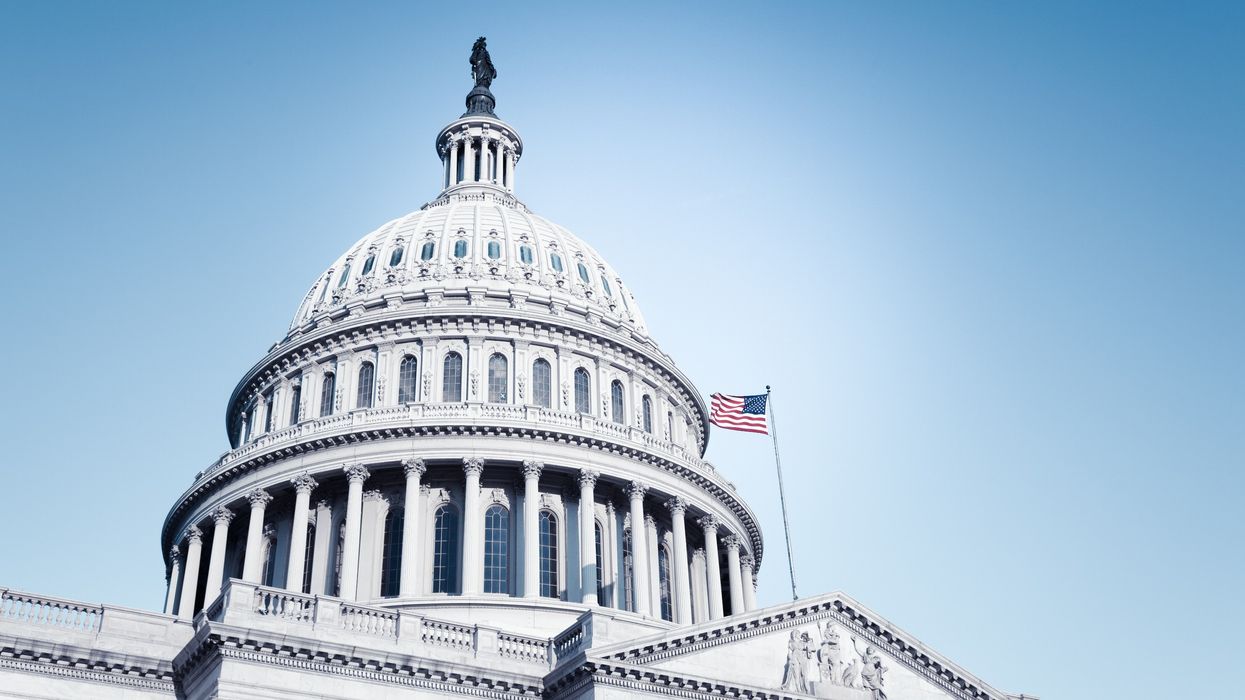FORCES ARE ALIGNING to push back against the National Labor Relations Board’s recently issued final ruling on the definition of joint-employer status. The American Hotel & Lodging Association has filed a lawsuit against President Biden’s administration to reverse the ruling and a bipartisan group of House and Senate lawmakers have proposed a resolution to overturn it.
Opponents to the ruling, issued Oct. 26, say it could damage the current franchise business model. The new standard defines a joint employer to be any company that shares or codetermines one or more essential terms and conditions of employment. Those include:
- Wages, benefits, and other compensation.
- Hours of work and scheduling.
- The assignment of duties to be performed.
- The supervision of the performance of duties.
- Work rules and directions governing the manner, means, and methods of the performance of duties and the grounds for discipline.
- The tenure of employment, including hiring and discharge.
- Working conditions related to the safety and health of employees.
The final rule rescinds the 2020 rule that was promulgated by the prior board and applies the new definition of joint employer to any entity that can control the essential terms of employment whether or not such control is exercised and without regard to whether any such exercise of control is direct or indirect.
Taking it to court
On Thursday, AHLA along with the U.S. Chamber of Commerce and other plaintiffs filed a lawsuit in the U.S. District Court for the Eastern District of Texas challenging the legality of the NLRB definition of joint-employer.
The change will make hotel franchisers, who traditionally have no control over their franchisees’ employees, liable for workplace policies, AHLA said in a statement, and would force unions on hotel franchisees and their employees.
“The NLRB’s joint-employer regulation is all about coercing businesses to the bargaining table with workers they do not actually employ to increase unionization. To achieve this, the NLRB is intentionally taking a wrecking ball to one of America’s great economic engines – the franchise model – and jeopardizing millions of small-business jobs,” said Chip Rogers, AHLA president and CEO. “The goal of this lawsuit is to reestablish the rule of law that has governed joint-employment designation for nearly four decades. It will also prevent the destruction of the franchise business model that has provided prosperity for tens of thousands of American small business hoteliers.”
The legislative approach
AHLA also supports a Congressional Review Act resolution introduced in Congress by several, mostly Republican representatives and Senators in the House Education and the Workforce Committee opposing the NLRb ruling. The resolution’s sponsors say the new joint-employer definition is a threat to small businesses, including hotels.
“The franchise system has been a vital driver of entrepreneurship and economic growth across the country, however, the Biden Administration has once again failed to prioritize America’s best interests by inflicting more regulations and red tape on our small businesses,” said Sen. Joe Manchin of West Virginia, the only Democrat among the resolution’s sponsors. “I urge my colleagues on both sides of the aisle to join this commonsense resolution to remove this impediment to the American Dream.”
The resolution’s other co-sponsors are Reps. John James of Michigan; Virginia Foxx of North Carlina who chairs the committee; and recently elected Speaker of the House Mike Johnson of Louisiana. Sponsors on the Senate side along with Manchin include Sens. Bill Cassidy of Louisiana and Mitch McConnell of Kentucky, Senate minority leader.
AHLA’s Rogers issued a separate statement supporting the resolution.
“AHLA welcomes this Congressional Review Act resolution to overturn the NLRB’s disastrous joint-employer rule,” Rogers said. “The NLRB is intentionally taking a wrecking ball to one of America’s great economic engines – the franchise model – and jeopardizing millions of small business jobs.”






